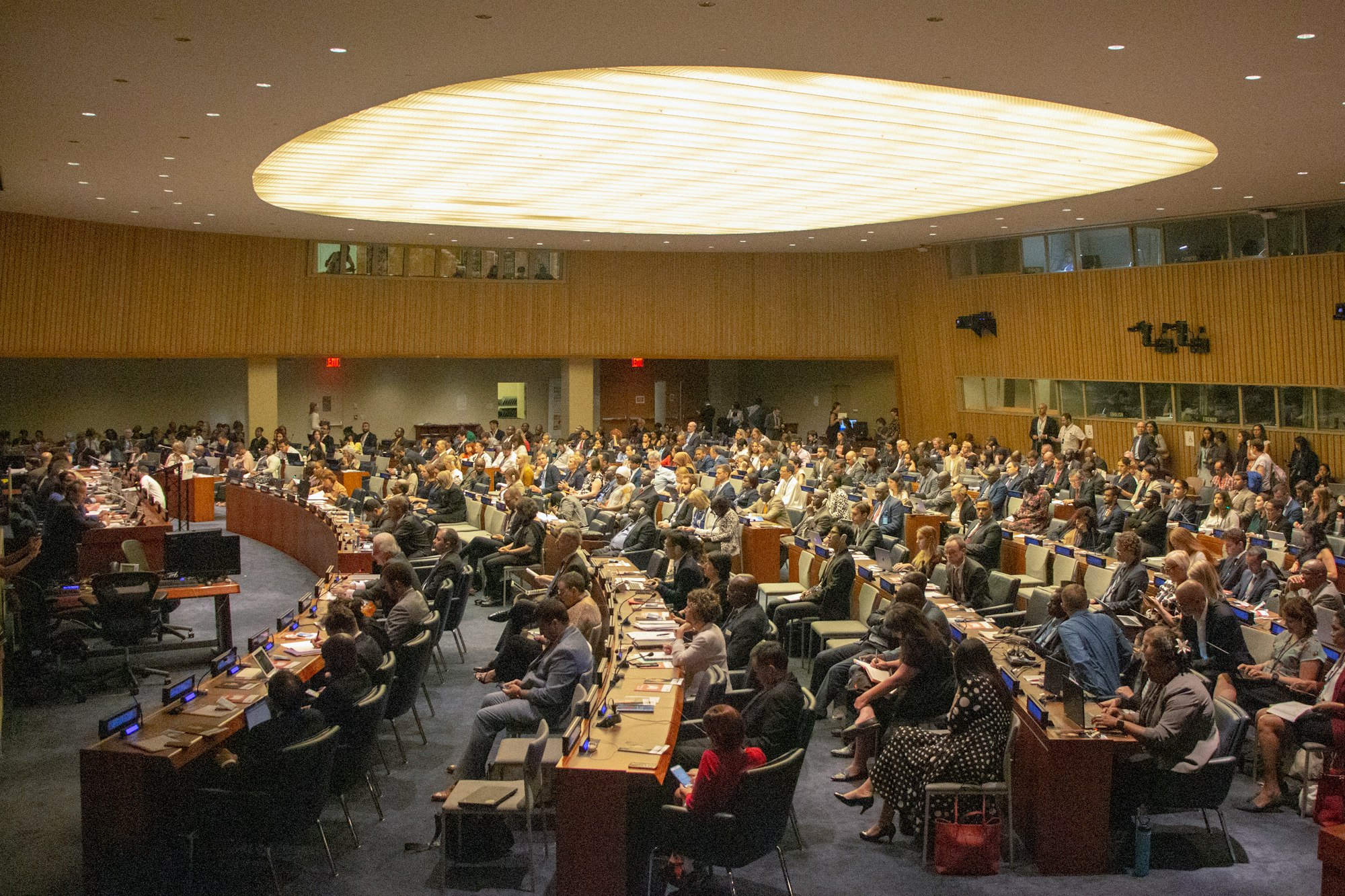The 17 UN Sustainable Development Goals have been adopted as global objectives to be achieved by every country in the world within 2030, by addressing economic, social and environmental challenges. While governments around the world have adopted the goals and created strategies to reach them, there is an urgent need for private sector to be involved as well.
In our previous article on 'the relevance of SDGs for Companies,' we have explained why businesses should consider incorporating the SDGs in their company strategy, and how it can be beneficial for the brand. But before seeing how the company can contribute to the success of SDGs and how SDGs can benefit the companies, it is important to know each SDG and its relevance to different private sector enterprises and companies.
Which SDGs for which type of companies?
- Goal 1 No poverty: SDG 1 is directly relevant to the new band of poverty fighting start-ups that have been established in recent years to fight poverty, like Rafode in Kenya. It is also relevant for international NGOs working on poverty like OXFAM International and Care International.
- Goal 2 No hunger: SDG 2 is directly relevant to the food and beverage industry, the food production sector. Large food companies like Nestlé and PepsiCo, as well as local restaurants, canteens, fast food shops in every city can be involved in SDG2.
- SDG 3 Good health and well-being: SDG3 is directly relevant to companies in the health care, medical technology and pharmaceutical industries. From big healthcare companies like Medtronic, to local medicine shops or hospitals – all these entities can contribute to SDG3.
- SDG 4 Quality education: Schools, colleges and educational institutions are directly relevant for SDG4. It is also relevant for scholarship providing companies and banks providing education loans. Additionally, news agencies, print and media houses can also be part of SDG4, as they serve as important mediums for spreading knowledge.
- SDG 5 Gender equality: SDG5 is relevant for all companies, and especially those industries that employ a lot of women workers like in garment factories, nursing and health care.
- SDG 6 Clean water and sanitation: Big water companies like Veolia and Suez working on national water projects to small water companies providing water fitting and plumbing services – all are directly related to SDG6. It is also relevant to any industry that uses water – like food and clothes manufacturing.
- SDG 7 Affordable and clean energy: SDG7 is relevant for companies in the energy sector, like fuel, oil and gas companies, It is also directly relevant to companies offering renewable and alternative energies like Ørsted A/S from Denmark.
- SDG 8 Decent work and economic growth: SDG8 is relevant to companies of all sizes and in all sectors, and especially to trade organisations and labour unions.
- SDG 9 Industry, innovation and infrastructure: SDG9 is directly relevant to industries like automobile, shipping or space technology and infrastructure companies for buildings and constructions. This could include local companies that sell cement, bricks to big infrastructure companies like L&T.
- SDG 10 Reduced inequality: SDG10 is directly relevant for financial institutions, banks, credit agencies and other entities which are responsible for circulating money in every economy.
- SDG 11 Sustainable cities and communities: SDG11 is directly relevant for urban planning companies, and architecture firms. It is also relevant for all local businesses that supply communities with essential items.
- SDG 12 Sustainable consumption and production: SDG12 is relevant for all manufacturing companies. It is important for the tourism sector. It is also most relevant to customers of private companies.
- SDG 13 Climate action: SDG13 is directly relevant for companies that have an impact on the environment, like farming enterprises, energy companies, paper industry, furniture manufacturers etc.
- SDG 14 Life under water: SDG14 is important for the fishing industry, for tourism and recreational companies that cover sports like diving. Transportation companies that use waterways for transport should also consider SDG14 because their actions can have direct impacts.
- SDG 15 Life on land: Forest and timber industry, animal farm companies or animal welfare companies in cities like pet shelters – are all relevant for SDG15.
- SDG 16: Peace, justice and stronger institutions: All companies stand to benefit from SDG16 but private law firms and legal advisory consultancies are directly relevant to these goals.
- SDG 17 Partnerships to achieve the goals: SDG 17 is relevant for all companies as this calls for partnerships among stakeholders to achieve this goal.
All the 17 SDGs are relevant to private sector companies, some more directly than the others. Knowing each goal, and knowing the different company types that each goal relates to, can serve as the starting point for companies which want to benefit from the SDGs and contribute to it. In our next article on 'Concrete steps that Companies can take now for the SDGs,' we will explain how each company can help achieve the SDGs, starting from day one.
Header Picture: Matthew TrenBuggencrate via Unsplash



















